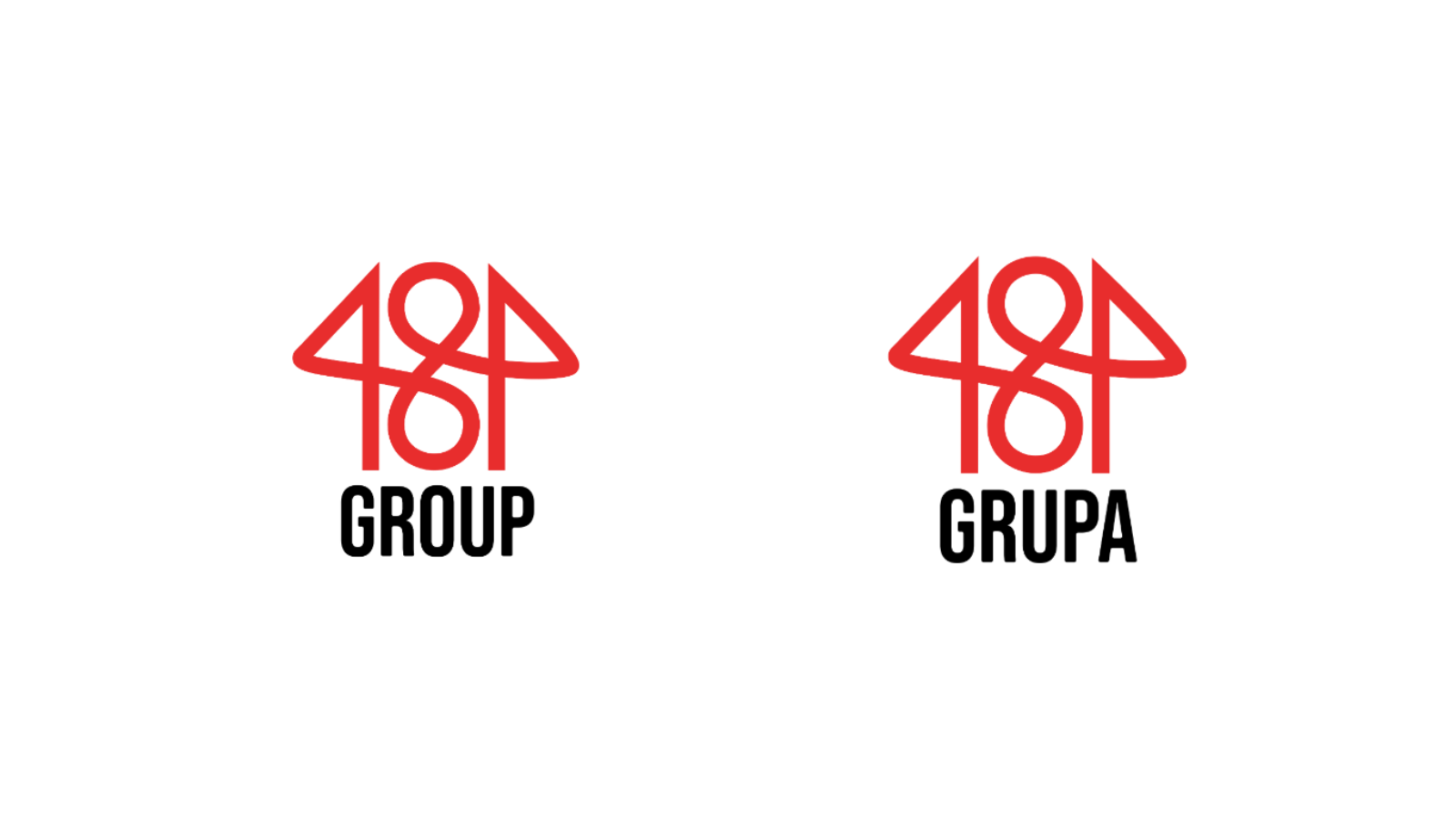Summary of the project
A large part of Serbian society, including young people, does not consider that the presence of different minority cultural and ethnic identities is beneficial for development. Cultural diversity is perceived as a source of tension and even as a danger to the cohesion of society. Most often, young people do not maintain contact with their peers who belong to other cultures. Serbs and Albanians lead parallel lives in the Municipality of Bujanovac, attend separate schools and have little mutual socialization and interaction, and the political will to change the situation is still weak. Therefore, it is particularly important to enable the increase of young people’s sensitivity to ethnic and other forms of inequality, as well as the acquisition of intercultural competences that young people cannot usually acquire through formal education. Positive experiences with members of another ethnic community, which young people can acquire through interaction in joint extracurricular activities, can have a positive effect on the deconstruction of stereotypes and prejudices against individuals from another ethnic group. That is why it is necessary to continuously encourage the social activism of young people, their willingness to cooperate with peers of different ethnic origin, working on joint projects that promote the basic values of a civil multi-ethnic society. Six basic barriers in intercultural communication are: assumption of similarities, language, misinterpretation of non-verbal messages, presence of preconceptions and stereotypes, tendency to value, anxiety and tension (Barna, 1994). Therefore, this project addresses the problem of the lack of intercultural competences of students and employees in educational and cultural institutions and focuses on the development of the creative tool “Intercool tool” – an intercultural social game that will be aimed at overcoming key barriers in intercultural communication, but also educate young people in an interesting way about the life of “others” and thereby influence the reduction of inter-ethnic distance.
Project goals
General project goal: To strengthen the capacity of local communities within the territory of the Municipality of Bujanovac for intercultural dialogue, social cohesion, and local development by creating opportunities for interaction and cooperation among members (children and adults) of different ethnic communities (Roma, Albanian, Serbian).
Specific project objectives:
- Strengthening the relevant competencies of local actors (teachers, students from the Faculty of Education in Vranje, cultural and youth workers) crucial for the development of intercultural education and the promotion of intercultural values in schools and the local community.
- Enhancing the intercultural competences of primary and secondary school students through the creation of social games dedicated to exploring intercultural aspects of local culture, traditions, and customs.
- Fostering intercultural dialogue and social cohesion through an advocacy campaign aimed at establishing “common spaces” for young people from all ethnic communities in Bujanovac to socialize.
Beneficiaries
These are the target groups who will benefit from the work of Group 484:
1) High school and university students, teachers and cultural workers, educational and cultural stakeholders will improve their general intercultural competencies (competencies to live in multicultural environment, that is, to understand cultural diversities and communicate with the people of different cultural background). In addition, university students, teachers and cultural workers will improve their competency to design and conduct educational and/or cultural programmes relating to intercultural issues, including research on intercultural aspects of local traditions, facilitation of intercultural dialogue, etc. Furthermore, these and other stakeholders in the areas of education and culture will enhance their abilities to analyse, develop or improve, and apply policies which foster intercultural dialogue and promote interculturalism.
2) Migrants and newcomers (including asylum seekers, refugees and persons granted other forms of international or humanitarian protection) will benefit from support programs which respond to their essential needs, e.g., improving their psychosocial wellbeing and enhancing their life skills, but facilitate their integration in local communities as well.
3) Specifically vulnerable people in local and migrant communities will benefit from tailor-made programmes which adequately respond to their specific needs/vulnerabilities.
4) Local communities will benefit from enhanced social cohesion but also capacities/potentials that newcomers and marginalised people bring to the local development.
Main activities
- Implementation of training and development of the social game “Intercool Tool” as a means to promote intercultural dialogue within the community.
- Pilot testing of the social game through workshops conducted with students.
- Promotion of the outcomes and public advocacy for enhancing intercultural dialogue and fostering social cohesion in Bujanovac.
Related news
Board game “Intercool Memories”








